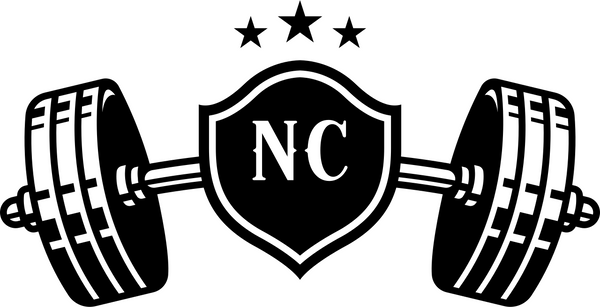When it comes to nutrition, there's a ton of information out there, but it can be hard to sort out the facts from the fiction. Whether you're new to healthy living or looking to fine-tune your diet, avoiding some common mistakes can make a big difference.
Here are the 10 most common nutrition mistakes and how to avoid them to optimize your health and fitness goals.

1. Ignoring Water Requirements:
Hydration is crucial for overall health, but it’s often overlooked. Make sure you drink enough water throughout the day, not just when you’re thirsty.
2. Skipping Meals:
Skipping meals can lead to cravings and overeating later. Eat regularly to keep your metabolism up and control your appetite.
3. Focus on Calories:
Focusing solely on calories can cause you to miss out on essential nutrients. Balance your calorie intake with a variety of nutritious foods.
4. Neglecting Protein:
Protein is essential for muscle repair and satiety. Include quality protein sources at every meal.
5. Fear of Good Fats:
Healthy fats, like those found in avocados, nuts, and olive oil, are essential for health. Don't avoid them; incorporate them in moderation.
6. Too Much Hidden Sugar:
Be aware of hidden sugars in processed foods and drinks. Read labels and opt for natural foods.
7. Eating Too Late at Night:
Eating late can disrupt your sleep and digestion. Try to eat dinner earlier and opt for a lighter meal.
8. Ignore Portions:
Even healthy foods can become problematic in large quantities. Be mindful of portions and listen to your body's hunger and fullness signals.
9. Excessive Dietary Restriction:
Overly restrictive diets are difficult to maintain and can lead to deficiencies. Adopt a balanced and moderate approach.
10. Not Adapting Diet to Physical Activity:
Your diet should support your activity level. Athletes will need more carbohydrates and protein, for example.
Avoiding these common mistakes can help you build a healthier relationship with food and support your health and fitness goals. Remember, nutrition is a personal journey, and what works for one person may not work for another.
Listen to your body and don't hesitate to ask a coach for help for personalized advice.
